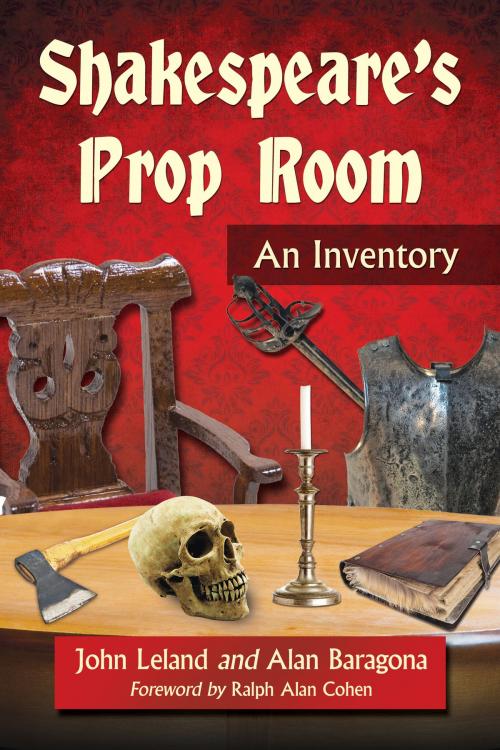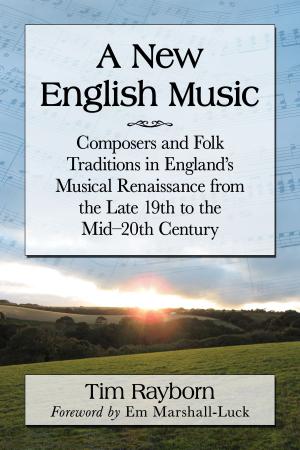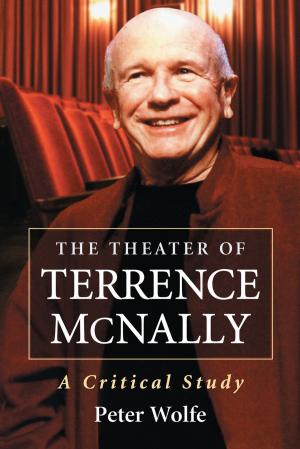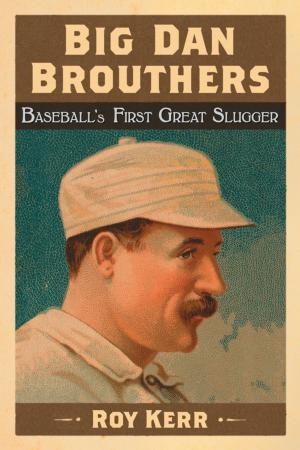Shakespeare's Prop Room
An Inventory
Nonfiction, Entertainment, Theatre, Performing Arts, Biography & Memoir, Literary| Author: | John Leland, Alan Baragona | ISBN: | 9781476623436 |
| Publisher: | McFarland & Company, Inc., Publishers | Publication: | March 25, 2016 |
| Imprint: | Language: | English |
| Author: | John Leland, Alan Baragona |
| ISBN: | 9781476623436 |
| Publisher: | McFarland & Company, Inc., Publishers |
| Publication: | March 25, 2016 |
| Imprint: | |
| Language: | English |
This study provides the first comprehensive examination of every prop in Shakespeare's plays, whether mentioned in stage directions, indicated in dialogue or implied by the action. Building on the latest scholarship and offering a witty treatment of the subject, the authors delve into numerous historical documents, the business of theater in Renaissance England, and the plays themselves to explain what audiences might have seen at the Globe, the Rose, the Curtain, or the Blackfriars Playhouse, and why it matters. Students of the plays will be able to read beyond Shakespeare's words and visualize the drama as it might have appeared on the stage. Scholars will find a wealth of previously unmined material for reconstructing Renaissance theatrical practices. School drama groups, amateur theaters and directors and prop masters of professional troupes will find help in mounting their own productions as the Bard's audiences would have seen them.
This study provides the first comprehensive examination of every prop in Shakespeare's plays, whether mentioned in stage directions, indicated in dialogue or implied by the action. Building on the latest scholarship and offering a witty treatment of the subject, the authors delve into numerous historical documents, the business of theater in Renaissance England, and the plays themselves to explain what audiences might have seen at the Globe, the Rose, the Curtain, or the Blackfriars Playhouse, and why it matters. Students of the plays will be able to read beyond Shakespeare's words and visualize the drama as it might have appeared on the stage. Scholars will find a wealth of previously unmined material for reconstructing Renaissance theatrical practices. School drama groups, amateur theaters and directors and prop masters of professional troupes will find help in mounting their own productions as the Bard's audiences would have seen them.















